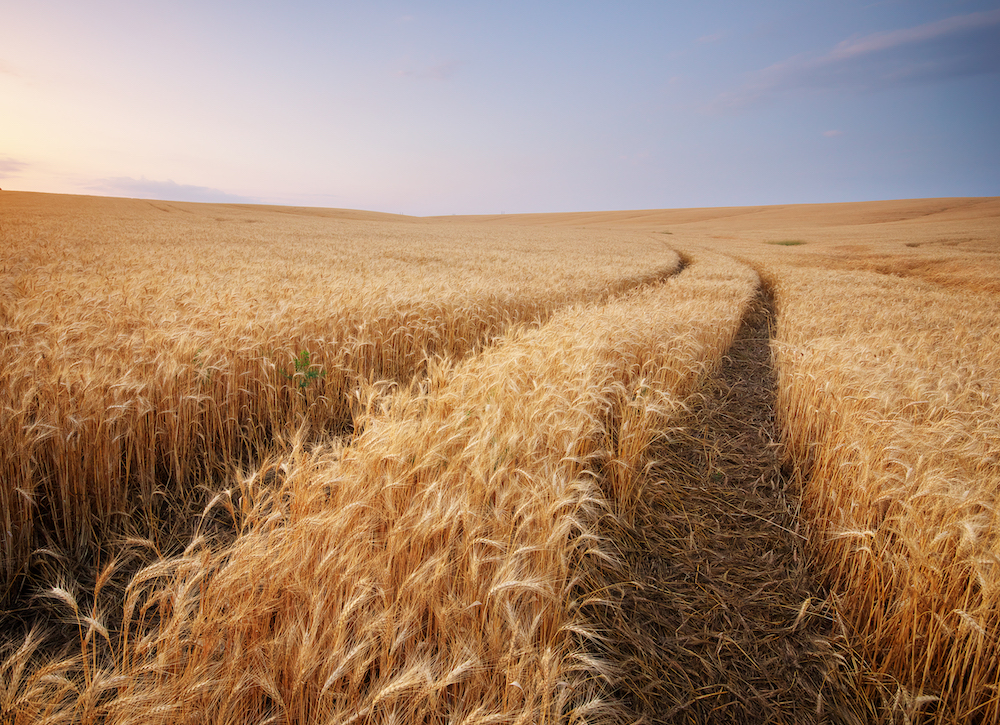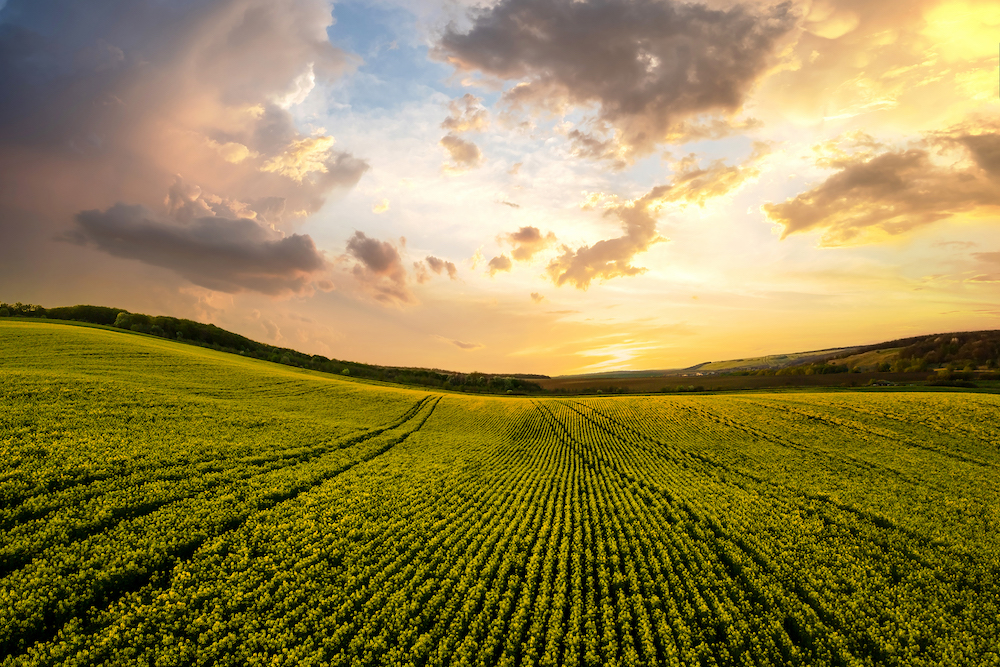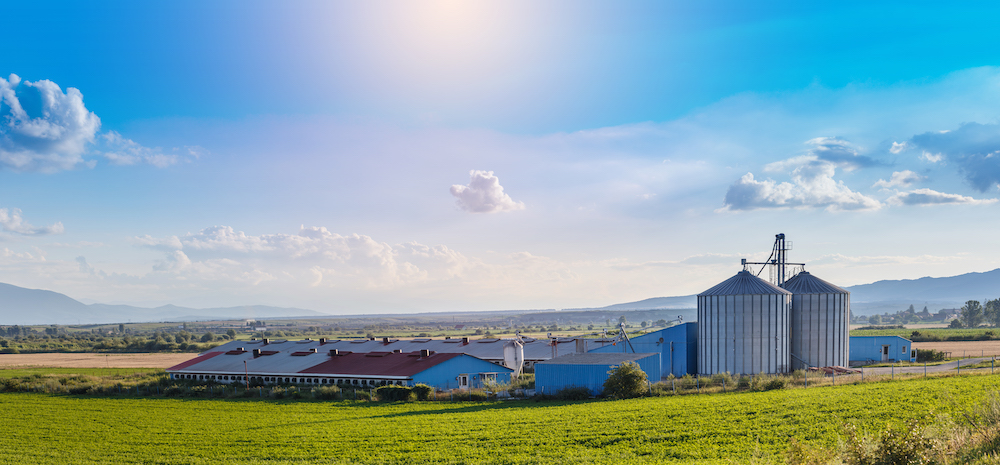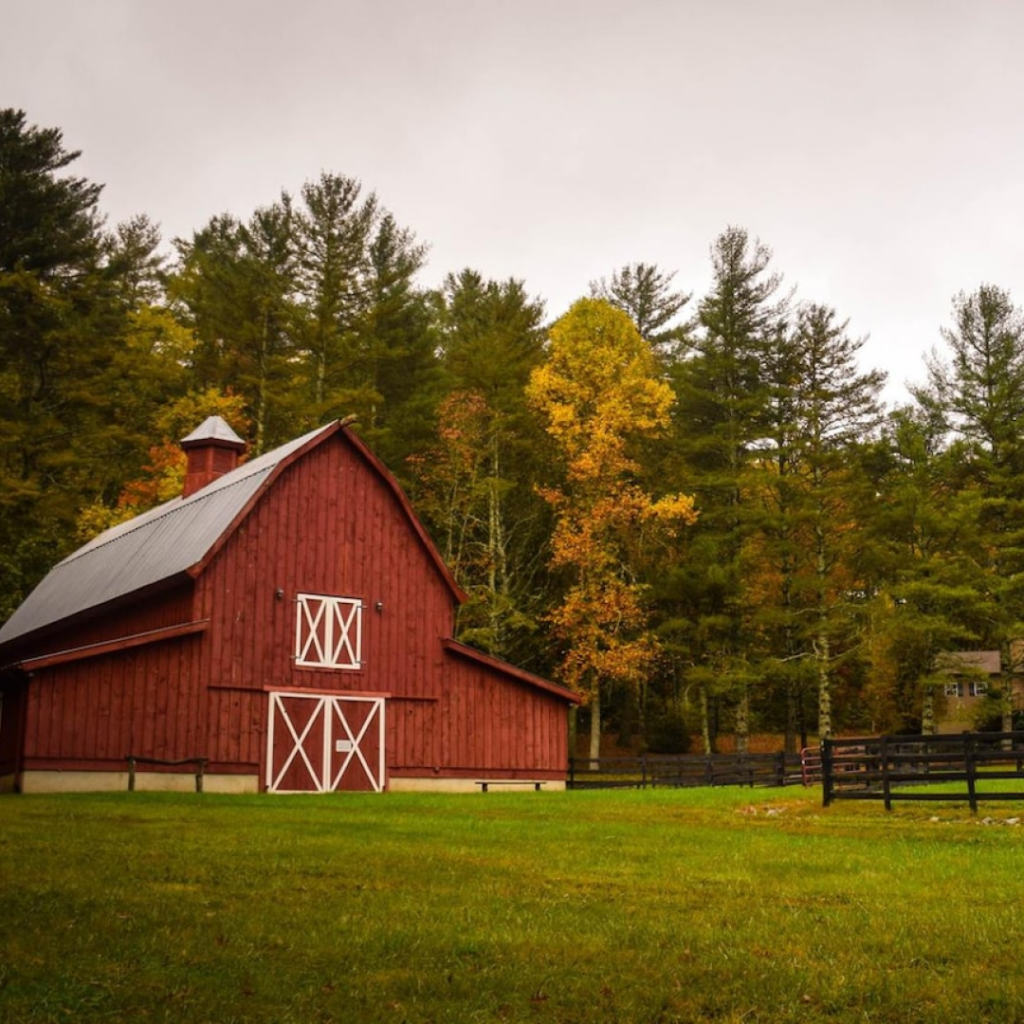
Getting a farm land loan can be a tricky process, but it doesn’t have to feel impossible. Having an expert on your side throughout the loan process can give you a leg up and allow you to secure your land quicker.
At United Ag Lending, we specialize in a number of agricultural loans: land, commercial, hobby farm, rural residential, and we also refinance. One of the most important pieces of the puzzle is knowing exactly what you’re going to use your land for. This will not only help you find your ideal piece of land, it will make the rest of the process with an appraiser and your loan provider smoother.
You may be familiar with the process of getting a mortgage loan, but the process of getting a land loan is much different, as the collateral evaluation and underwriting process is more in-depth.
But, we don’t want the road to your land to be long and discouraging. So, we have created a guide for you to use during the process of obtaining your farm land loan. Remember: You’re not alone in this process. We are here to answer any questions you have.
Types of land loans overview
There are three main types of agricultural land loans: Raw, Unimproved, and Improved. If you aren’t sure what the land you’re looking at is classified as, your appraiser will help determine that as well as the highest best use.
Raw Land Loans
Raw land is bare and undeveloped. There are no sewer or water capabilities or road access, so you will have to figure out if you want to put in the work to add that.
Unimproved Land Loans
Unimproved land is slightly more developed than raw land but still has some utilities missing. It may have some amenities, but lacks an electric meter and natural gas line. Sometimes unimproved land has road access, sometimes not.
Improved Land Loans
Improved land has access to all utilities: Water, sewer, and electricity. There is also road access. It is the most developed type of land.

What we look for in a piece of land for financing
We administer farm land loans on a case-by-case basis. Every situation is different; we will get to know your specific land plans and then talk with our team to decide whether or not we can grant you the loan.
Nevertheless, we will share the main factors United Ag Lending looks for when making our decision.
Land use
What will you be using the land for? As we said at the beginning, this is one of the most important factors of our loan process. We tend to stick to mostly agricultural land use loans, but this isn’t to say that recreational use is completely out of the picture.
Again, it’s case-by-case. The recreational land types we do grant loans for tend to be in the mountains or other types of climates that are not agricultural in nature.
Does the land have to be commercial?
Our farm land loans are primarily used for commercial purposes, but other times simply for agricultural, non-money-making purposes as a hobby farm.
Both bare land and land with all types of crops is our specialty for commercial farm land loans, but the commercial aspect isn’t a requirement to us.
Does the land have to be bare?
The land doesn’t have to be bare, it can be improved. However, if there is a home, the value of the land must be greater than the home value in order to qualify for a land loan.
Location
Another key factor for our loan programs is the location of your land. The land you want to purchase must be a minimum of 10 acres and in a rural area, away from neighborhoods.
The types of land we won’t accept
- We don’t offer land lot loans
- Anything in a neighborhood
- Land for non-agriculture commercial use
- Manufactured homes (Except in special circumstances of the land value outweighing the home)
Now that you have an idea of the types of land United Ag Lending does and does not process loans for, these are the questions we will be asking you during the lending process.
Questions your loan officer will ask
- What is the purpose of the farm land loan?
- What is the acreage of the land?
- Does the land have a residence?
- What is the land value?
- Does the land have potential for agricultural use?
- What loan amount do you need?
- How do you plan to use the funds?
- What is your credit score?
If you don’t know all the answers, we will help you figure them out. This guide’s purpose is to help you know what to expect.
These questions go hand in hand with the next piece of the puzzle: Learning about your financial standing.
How to get a farm land loan
Reviewing your finances
There are a number of reports we will look over:
- Asset documents
- Financial statements
- 2-3 previous years of tax returns
- Credit score
This information will help us determine your eligibility for our loan programs and your down payment amount.
Note: To obtain any of United Ag Lending’s loans, your credit score must be 680.
Because we have a cross-trained team of professionals at United Ag Lending, we close loans quicker than other companies and traditional banks. Other companies may have just one or two people on a loan account, but our people can jump in any case to help out when needed.
Administering loans to meet our customers’ goals is a team effort and it makes the process that much quicker. If you provide everything we need and each party does their part, we can close a farm land loan in as little as 60 days.
Tips for buying land
Now that you know how our farm land loan process operates, we want to share some pro-tips for scoping out and ultimately purchasing land. At the end of the day, even if you don’t ultimately end up working with us, we want you to end up in a good financial situation.
Here are some tips for anyone wanting to purchase agricultural land (But especially for first time buyers):
Financial tips
- Hire someone who specializes in agricultural loans
- Consider talking to a financial advisor to help you budget
- Keep taxes in mind
- Research insurance packages
Land tips
- Visit the property before taking any financial steps
- Research zoning stipulations: What activities might be restricted?
- Make sure there is road access
- Consider the topography for your use
- Analyze the infrastructure
- Conduct a soil survey to make sure you can grow crops, if applicable

Perks of choosing United Ag Lending for your farm land loan
Don’t let the financial obstacles stand in your way of getting the land you’ve always wanted. Our programs are designed to help you feel more confident about your purchase.
All allowed, but not required:
- Down payments as low as 25%
- Fixed-rate loans from 10 years to 30 years fixed
- Minimum loan size – $500K
- 1-year to 15-year adjustable rates are available
- Minimum acreage – 10 acres
- Multiple properties or contiguous parcels
- Outbuildings, sheds and other land improvements allowed
Other land loan scenarios
There are so many ways you can make your land your own with our loan programs. For an increased understanding of what we can do, here are some ways our customers have used their land:
Equestrian property
An award winning horse trainer purchased 53 acres of bare land in Texas. The land included pasture, ponds, and timber. The trainer’s plans include building out a brand new horse breeding and training facility.
Vineyard
A customer wanted 20 acres to build a vineyard and a house in California. So, he used 10 acres for his vineyard, and the other 10 for his home and pasture land. This was considered a hobby farm loan.
Christmas tree farm
An Oregon customer purchased 80 acres of land. 50 of the 80 acres was a Christmas tree farm, while the remaining acreage had a manufactured home and pasture land.
Ranch
A Texas farmer purchased a 5,000 acre ranch with a house. He has plenty of land to raise cattle and take care of his horses.
Both the Christmas tree farmer and the ranch farmer are selling their commodities, so their loans were considered commercial farm loans.
Do you have a plan for your land?
At United Ag Lending, we want you to feel confident in your agricultural land decisions. The process of obtaining a farm land loan is not the easiest task, but with the right Ag land lender on your side, it can feel as smooth and painless as possible.
We hope this guide helped you understand the land loan process better and you feel prepared to make the next step:
Schedule a consultation with us.
You’ve got questions, we’ve got answers
If you’re still doing some research and mulling it over, that is a-okay. Call us or send us a message and we will answer all your questions.


